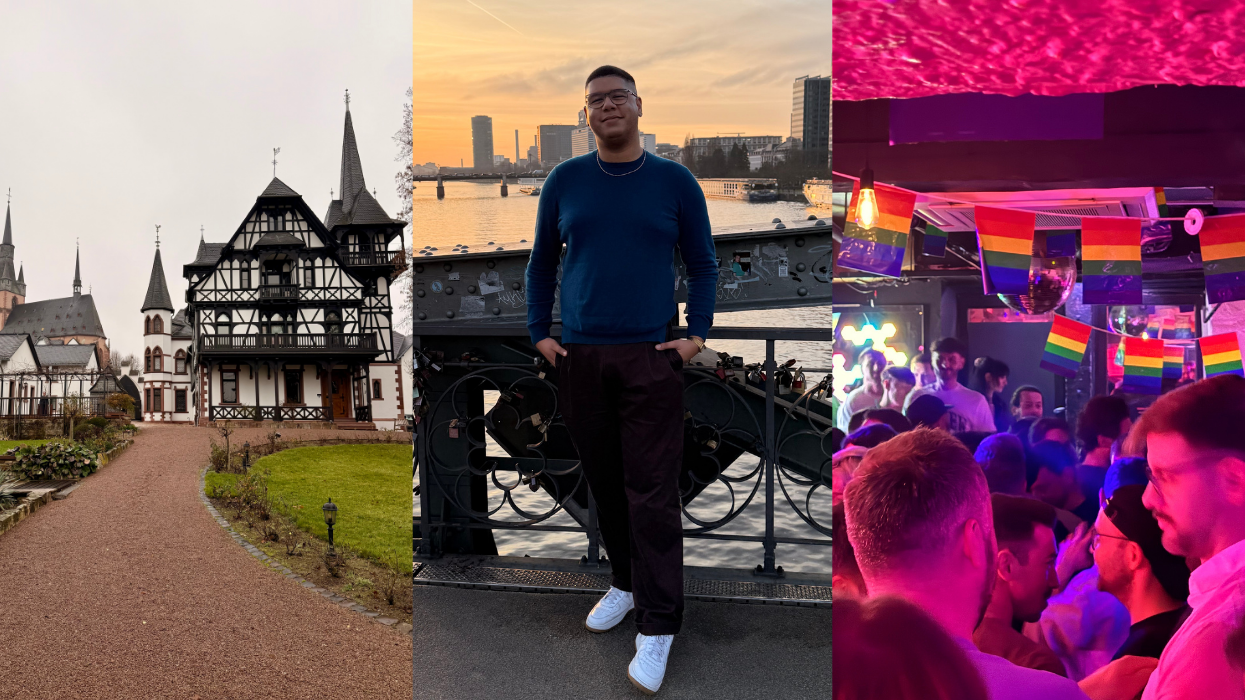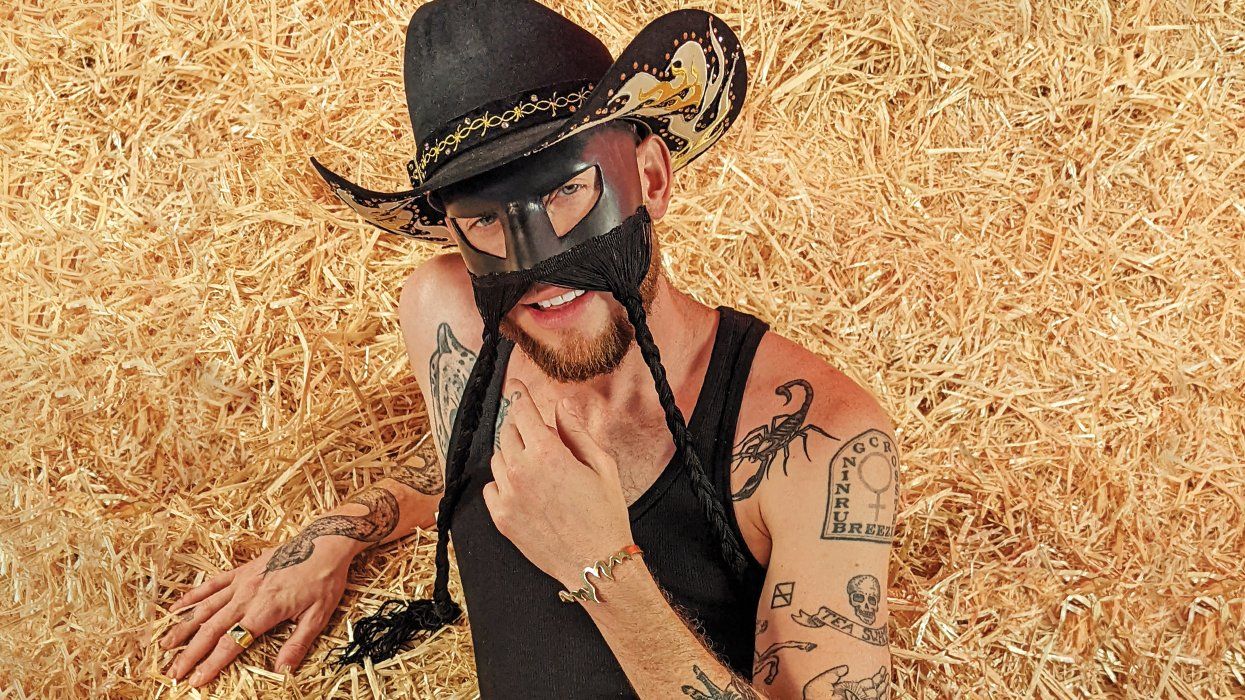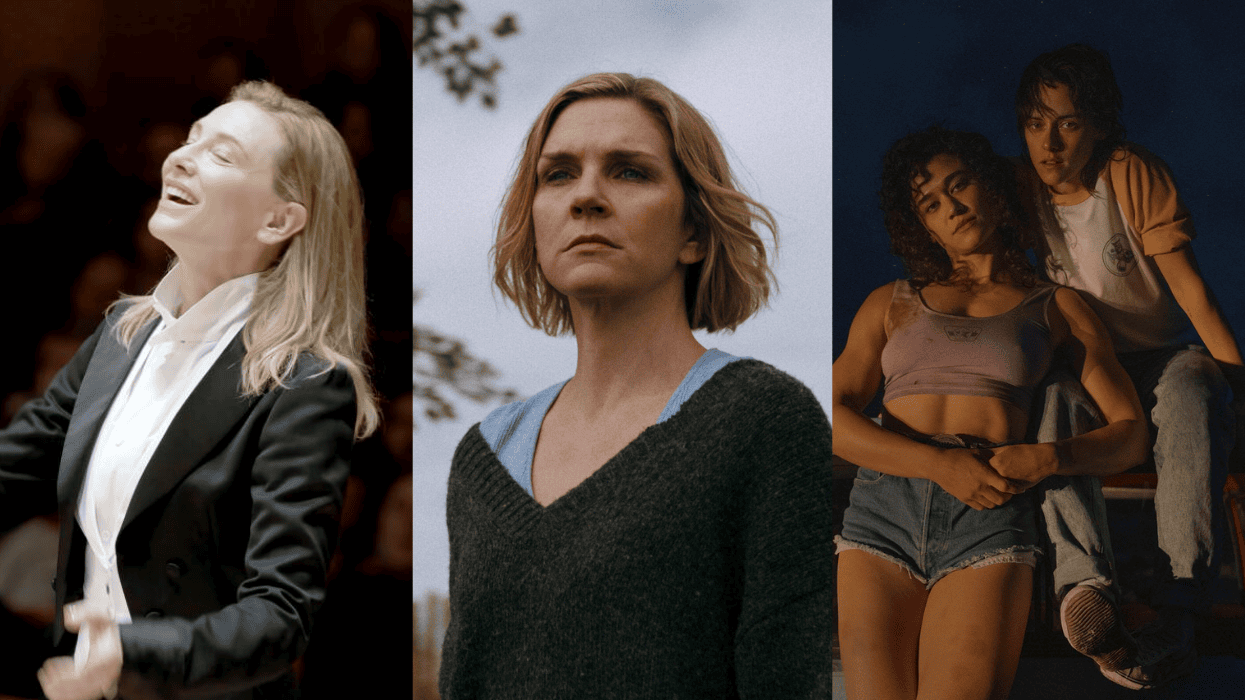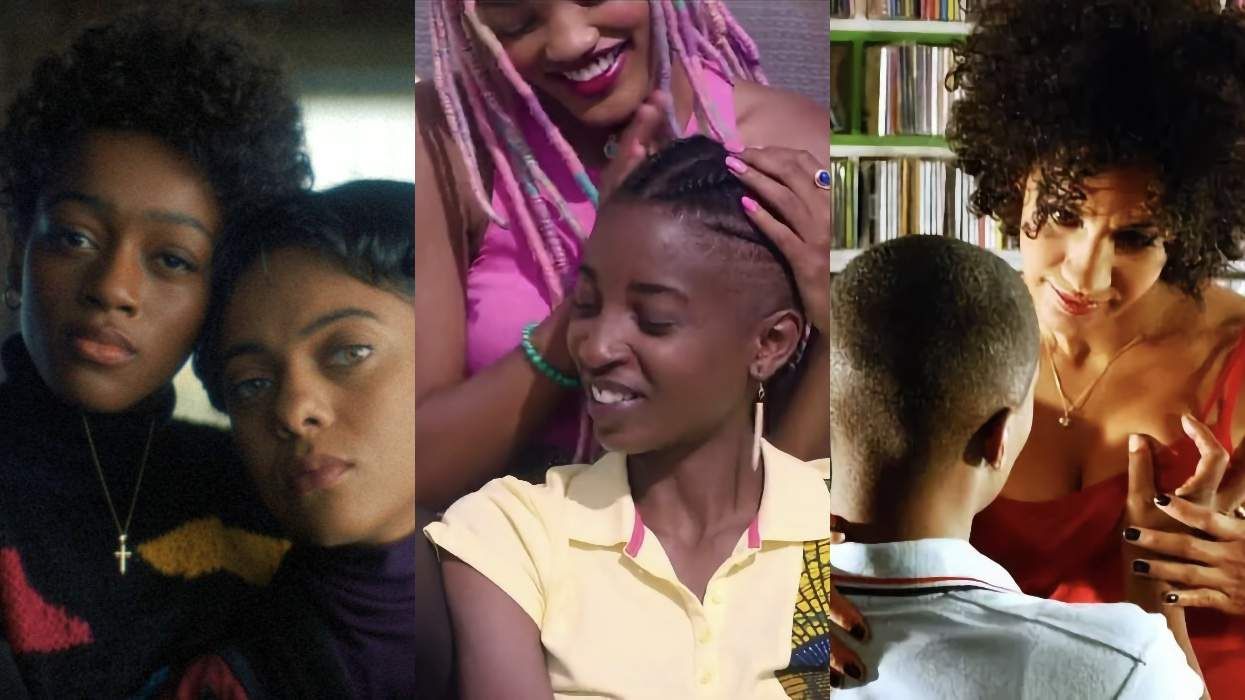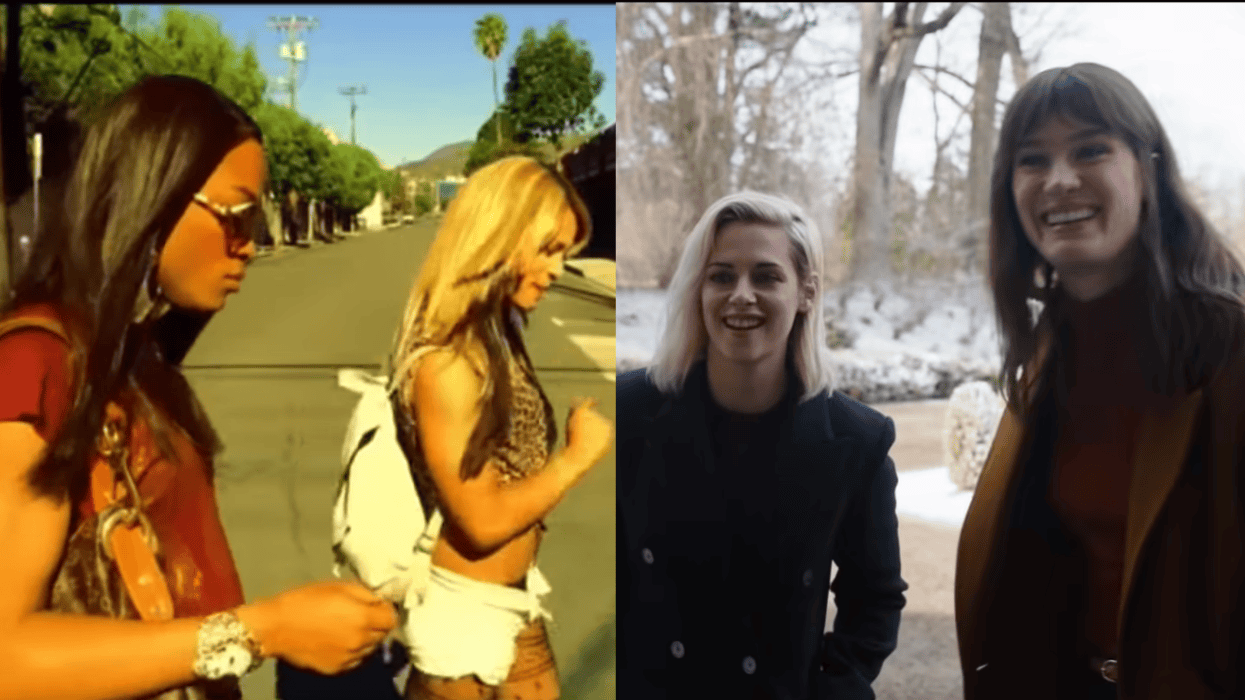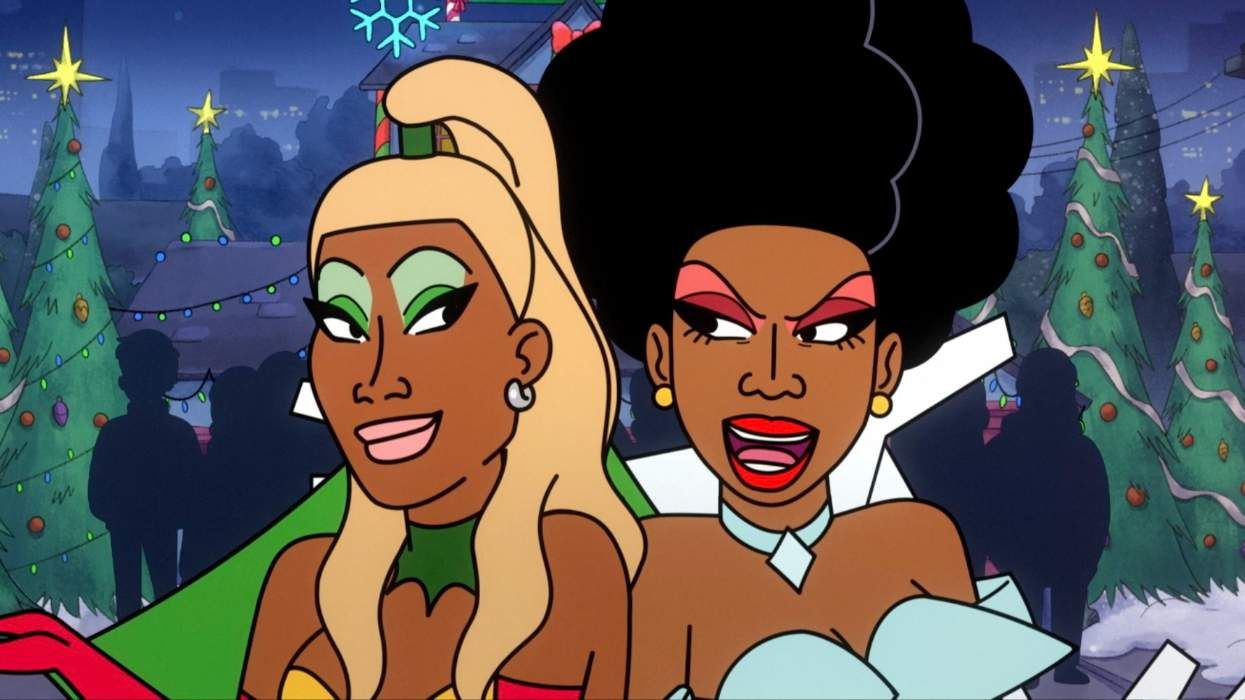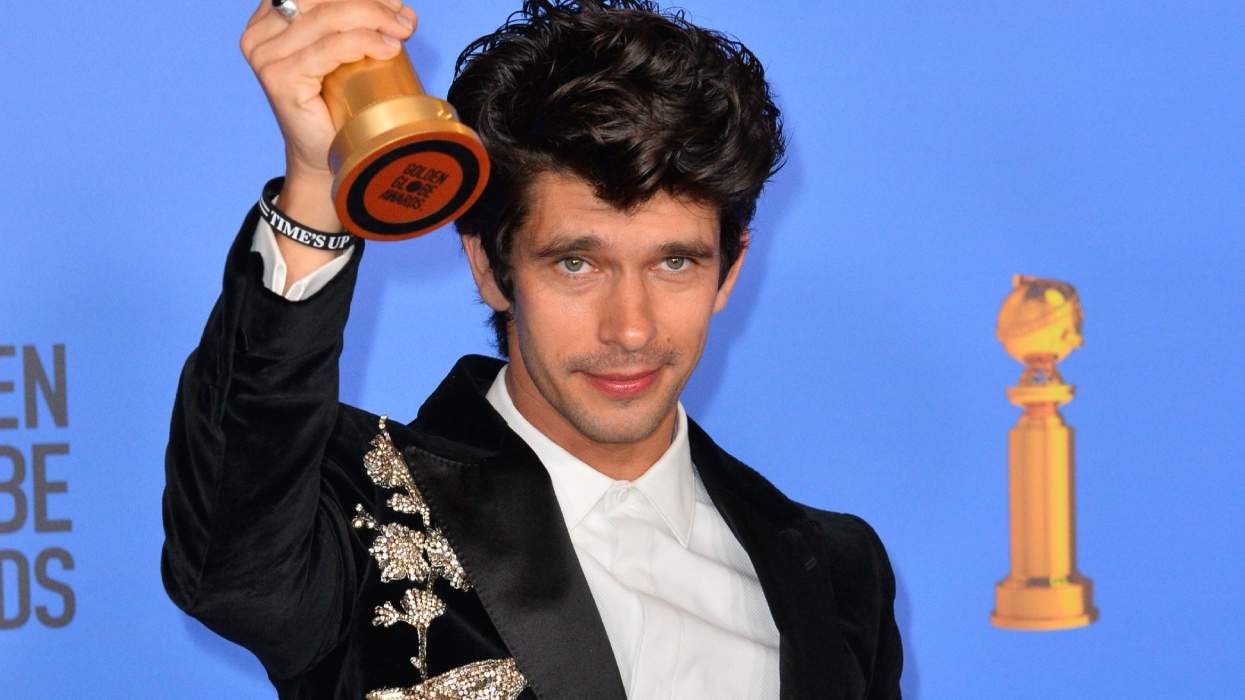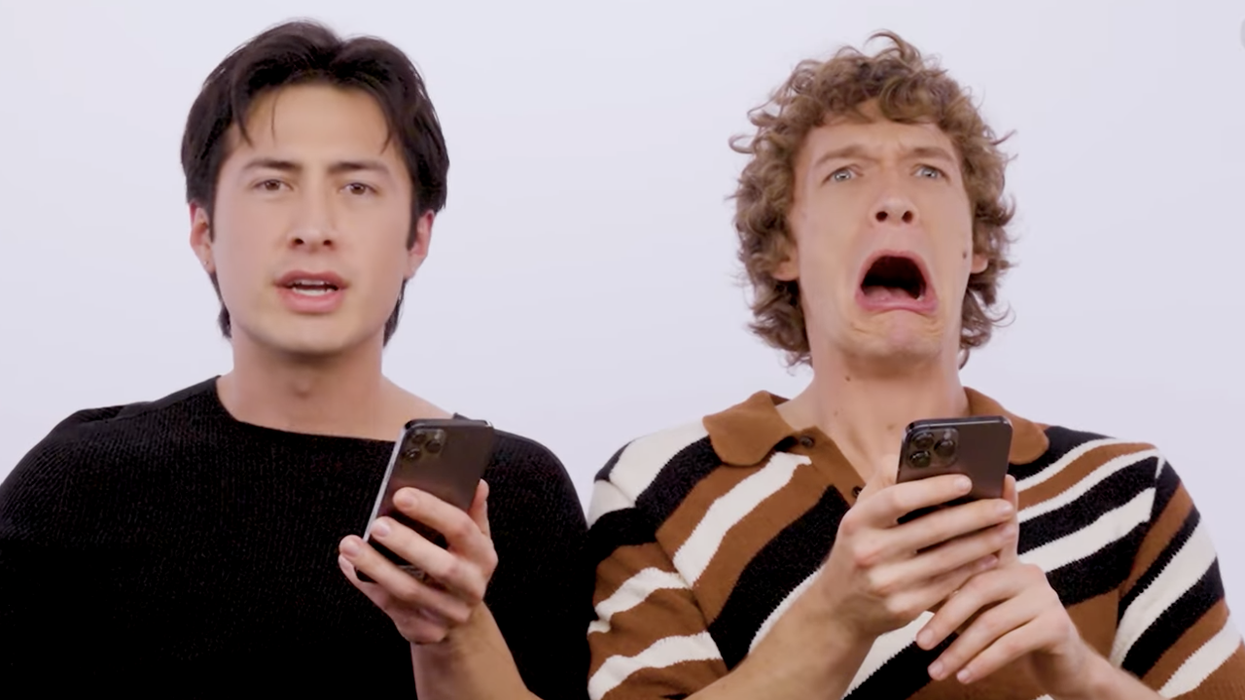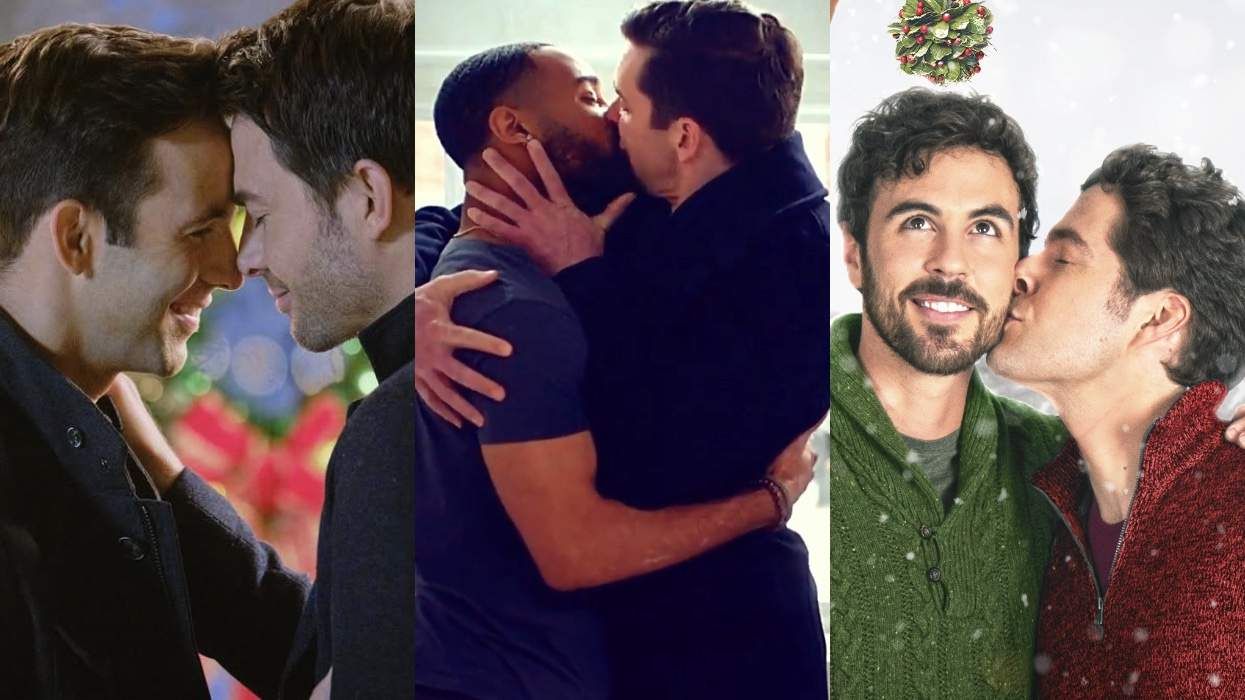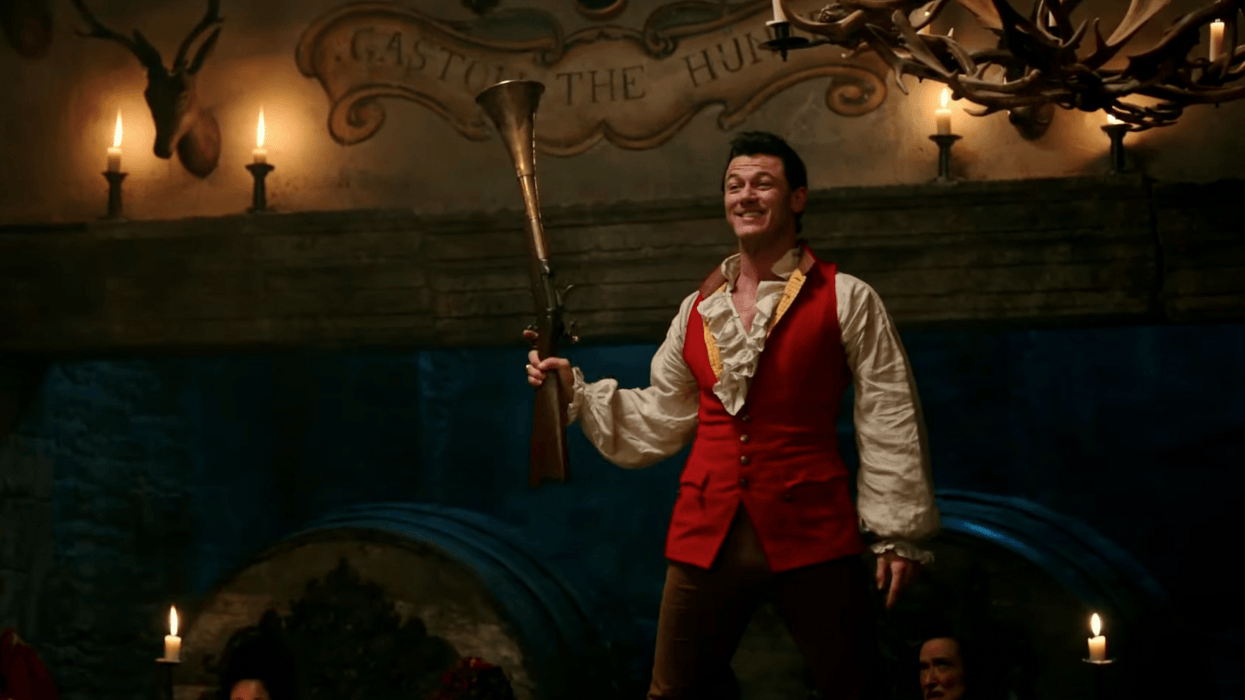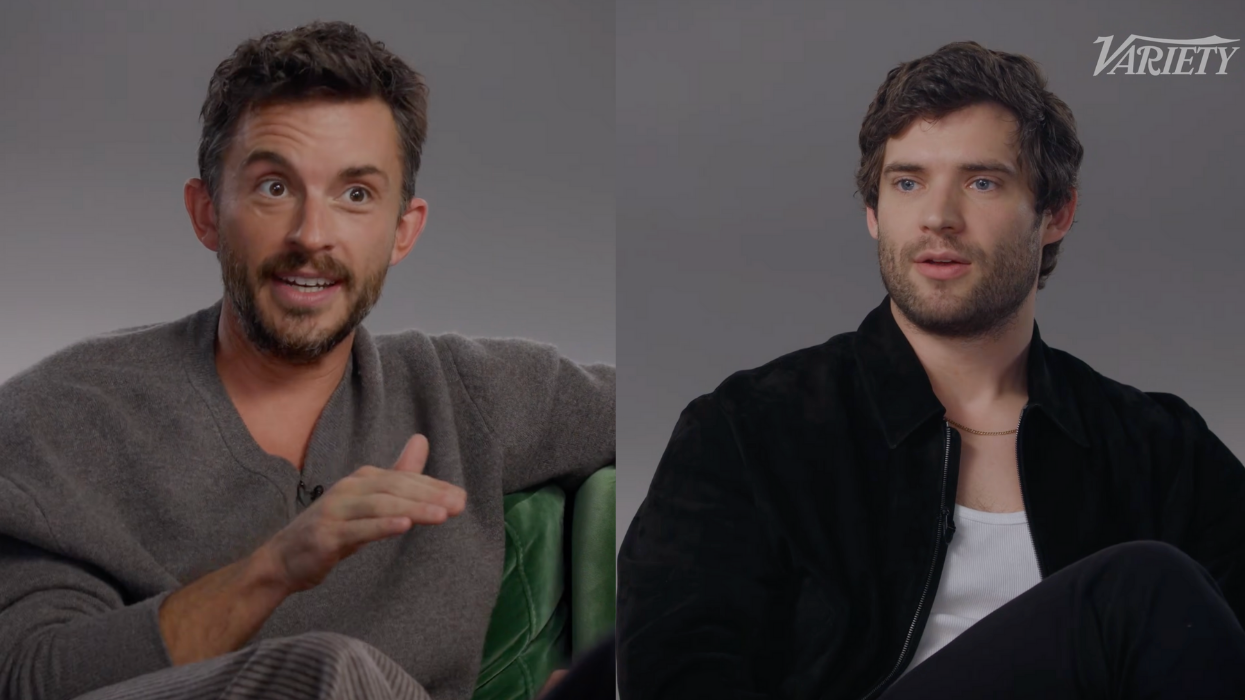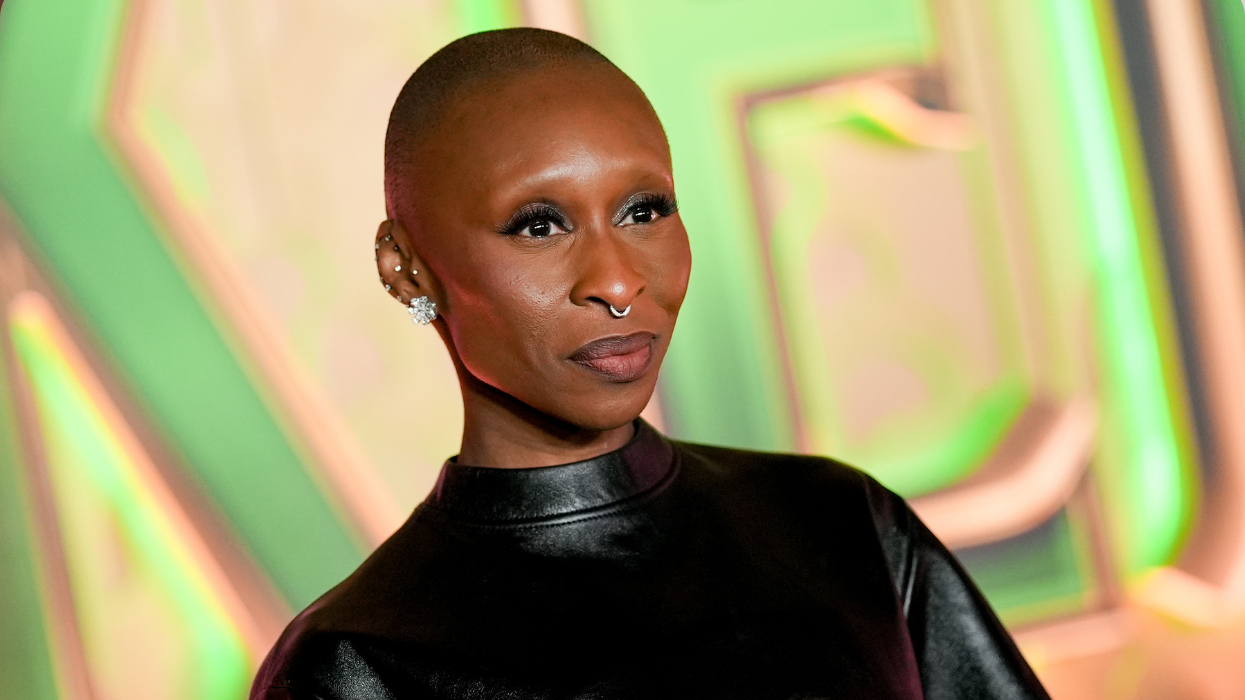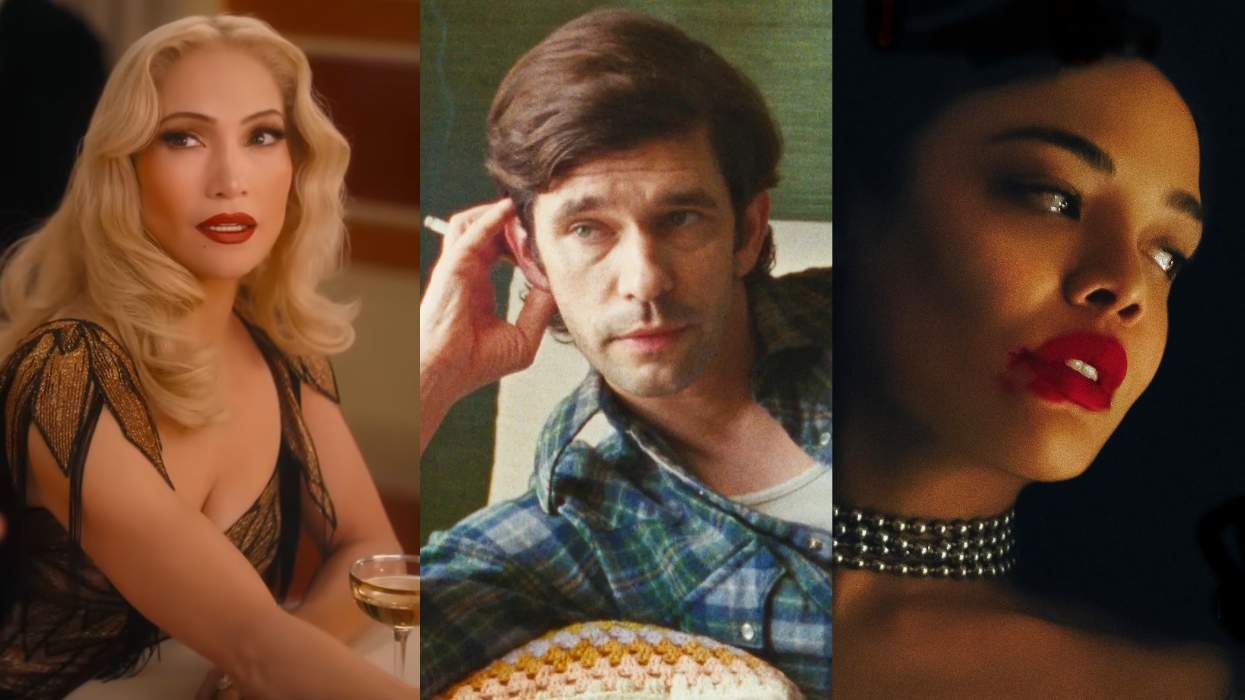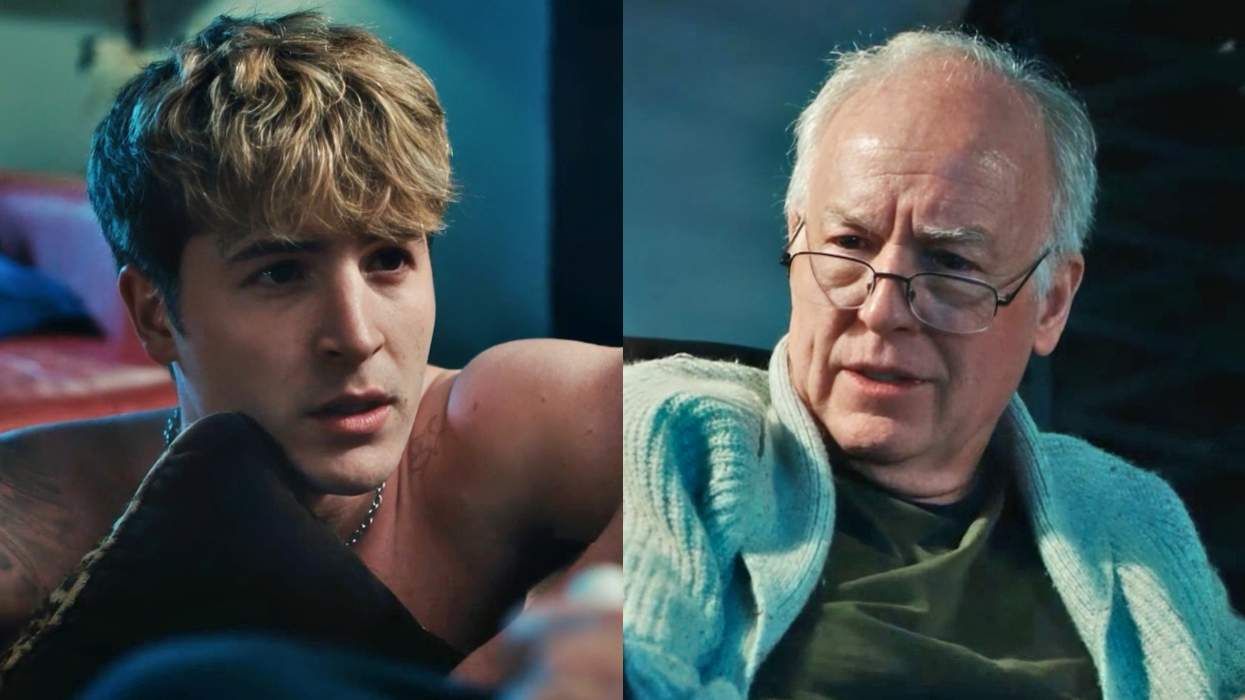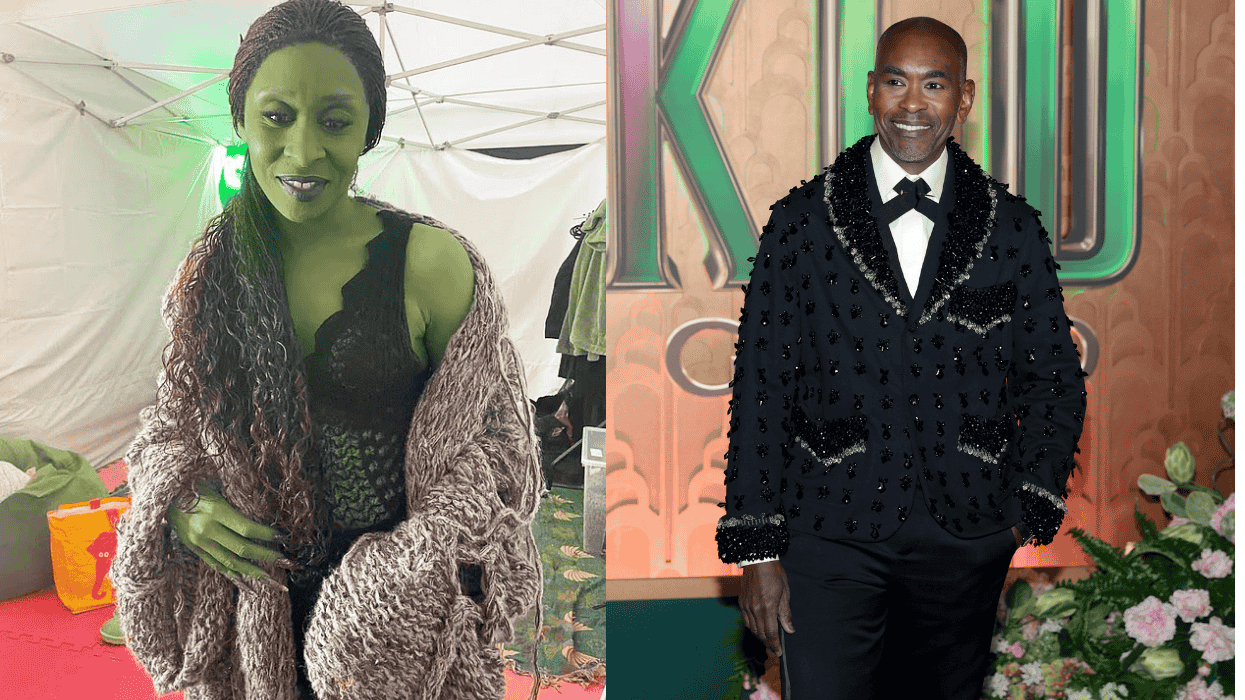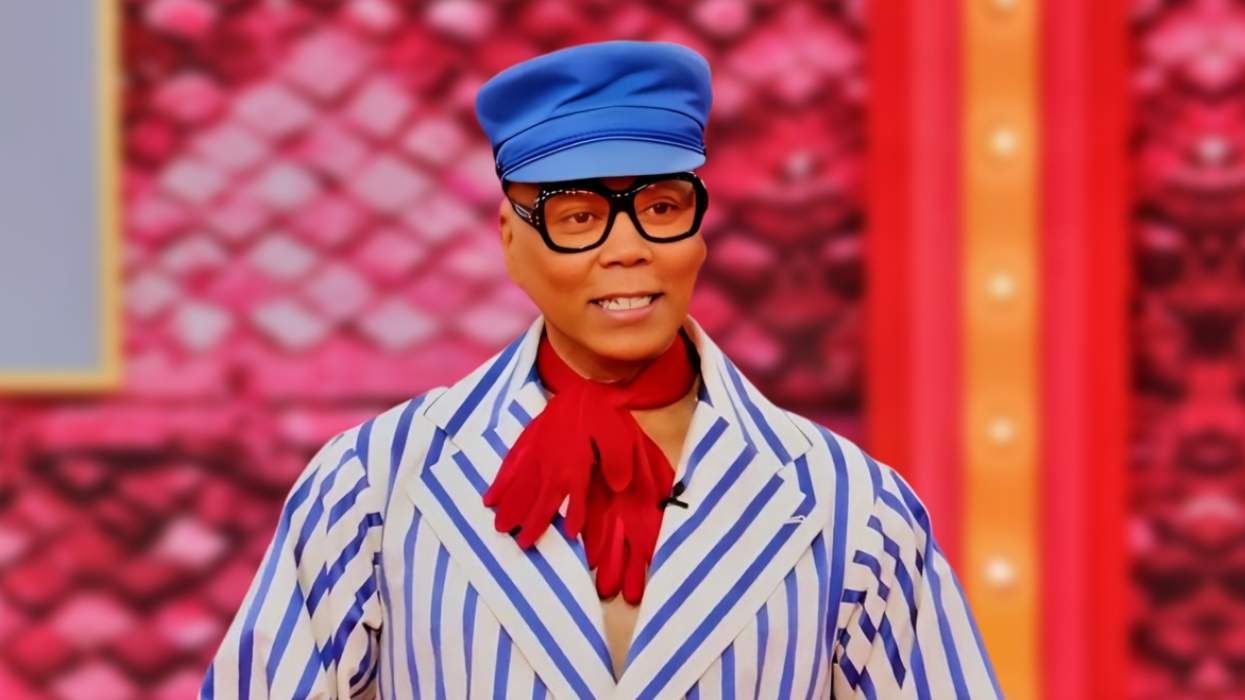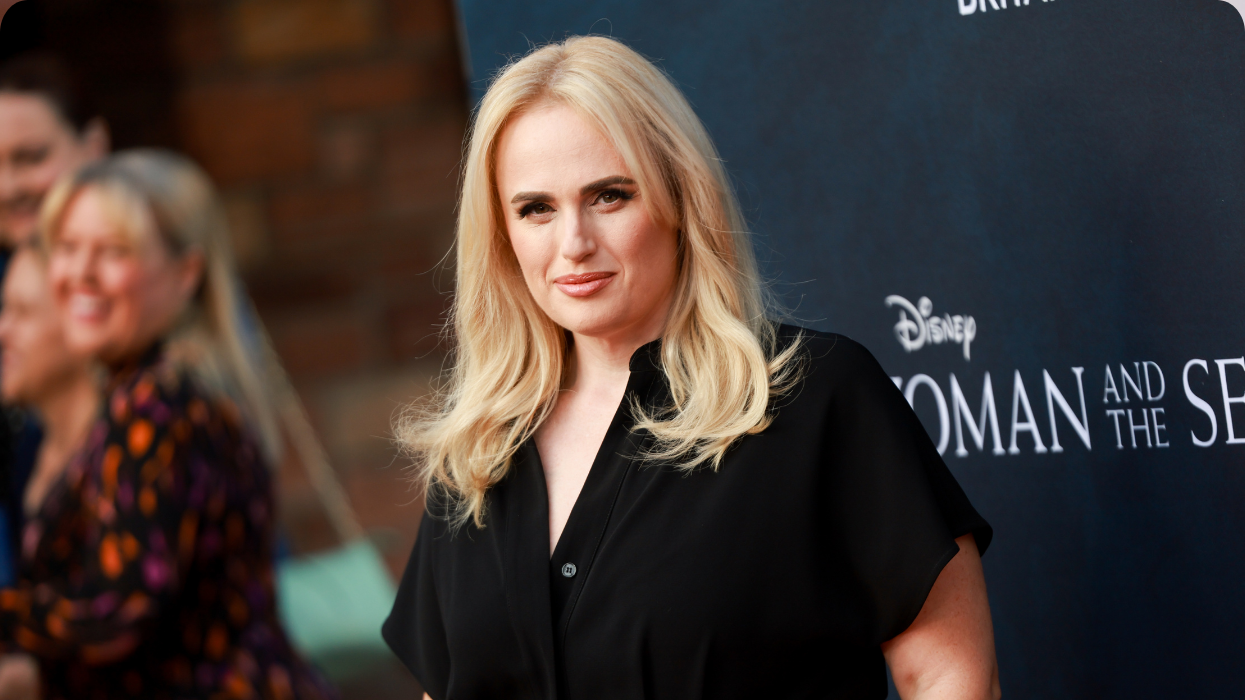When we talk about LGBTQ+ history in the United States, we often frame it as a narrative of progress with a clear, positive trajectory. Things were bad, then Stonewall happened. Things got better, and they continue to get better with each passing day.
This narrative falls apart when you take a hard look at the current state of our country. As the Trump administration rolls back nearly every federal trans protection instituted during the Obama presidency, state-level judges attempt to chip away at Obergefell v. Hodges, holding by holding. All the while, LGBTQ+ migrants continue to be detained and deported, sometimes to their deaths, all in the name of protecting our national security.
A new documentary explores this classically American ebb and flow of acceptance and repression. The Lavender Scare, based on historian David K. Johnson's 2004 book of the same name, shines a light on the oft-forgotten purge of gays and lesbians from the State Department following World War II. Fearing the rise of communist powers like the People's Republic of China and the U.S.S.R. and deeply unsettled by sexologist Alfred Kinsey's finding that approximately 37% of American men had had at least one homosexual experience, the federal government deemed gay and lesbian federal workers to be national security risks, vulnerable to seduction and blackmail by communist spies.
"In a sort of perfect storm, these two things -- commies and queers -- they suddenly come together," explains Johnson in one of The Lavender Scare's on-screen interviews. "So the fear of communists now combines with the fear of homosexuals, and what had become the red scare now morphs into the lavender scare."
Out had the opportunity to speak with The Lavender Scare director and producer Josh Howard about his Glenn Close-narrated film and how it relates to this current wave of anti-LGBTQ+ repression in the U.S. Read the conversation below, and watch this exclusive clip from The Lavender Scare, premiering June 18 on PBS.
OUT: What drew you to this project?
JOSH HOWARD: Well, I happened to come across [David K. Johnson's The Lavender Scare], and I was amazed. I thought I knew American LGBTQ+ history, and I knew nothing about this subject matter. Learning about how systematically the U.S. government went about carrying out this discrimination -- it seemed like a story that needed to be told.
I happened to read [David K. Johnson's] The Lavender Scare in college thanks to the one LGBTQ+ Studies professor we had, but if it wasn't for her and her class I wouldn't have known about it.
Most people don't even hear it that way. There are still so few classes on gay history. Certainly, when I was growing up, those words were never spoken in school ... That may lead you to question how old I am, which I'm not going to answer. [laughs] It was worse back then, but it's almost as though we're losing ground right now, going in the wrong direction in some areas.
Why do you want more people to know about this forgotten part of history?
There's a couple of things. It's certainly valuable to know this history, but beyond that I think this story has been overlooked, even though it carries so much relevance for the times we live in today. So, in addition to documenting the history, I wanted to present a cautionary tale about protecting civil rights and the need for vigilance and activism.
Yeah, calling an entire group of people a threat to national security definitely feels very relevant to the present.
Definitely. We do have a history in this country of demonizing minority groups in the name of national security. It happened to the Germans in World War I, the Japanese in World War II, and gay people in the '50s. History does not look kindly at how the country handled those situations.
Why do you think the lavender scare remains so unknown, even in LGBTQ+ circles?
Part of the problem is that when all this was going on, it was in everybody's best interest to keep quiet about it. Most of the gay people who were fired didn't tell their friends and family why they were fired because they were in the closet. They wanted to keep it a secret. After a while, the government stopped talking about how many people were being fired because the question became, "Well, why did you hire them in the first place?" It made the government look like it didn't have an adequate security system, so nobody was talking about this.
It wasn't until the 1990s when David Johnson wrote [The Lavender Scare] that the scope of what the government did finally came into focus. You could not have written the book any sooner, since a lot of David's research was based on documents that had only just been declassified in the '90s. I found it interesting that Frank Kameny [a major 20th century gay rights activist who, himself, was fired by the State Department for being gay] had no idea how many people were fired at the time. He'd certainly heard anecdotal information, but even he says he was surprised when he saw it all laid out in David's book.
Did you have trouble getting people to talk about this on the record?
Many of them were [reluctant to speak with me]. Not all of them, but some were still very reluctant. They didn't want their real names used. These people are older now. A number of them live in nursing homes and assisted living facilities or are depending on their kids for support. Homophobia is not necessarily a thing of the past, so there are people I contacted who are not comfortable talking about it.
What do you hope viewers take away from your film?
Well, for the LGBTQ+ community specifically -- we've made so much progress over the last decade or so, but we can't be confident that the fight is over. The homophobia of the 1950s was a direct backlash against an earlier time when gay people were more widely accepted. We have to continue to be vigilant. We have to keep up the fight.
For the broader audience, I hope they see how easy it is to demonize a particular minority group for political purposes. I hope the film raises awareness of that so we do not let it go unnoticed. It's important for gay people to know our history, but it's just as important for our allies to know it and understand it, as well. I think it's also important for people who don't support our rights to know this history so they'll know that we are going to fight. We are going to speak up on our own behalf and defend our rights.
This interview has been edited and condensed for clarity.





